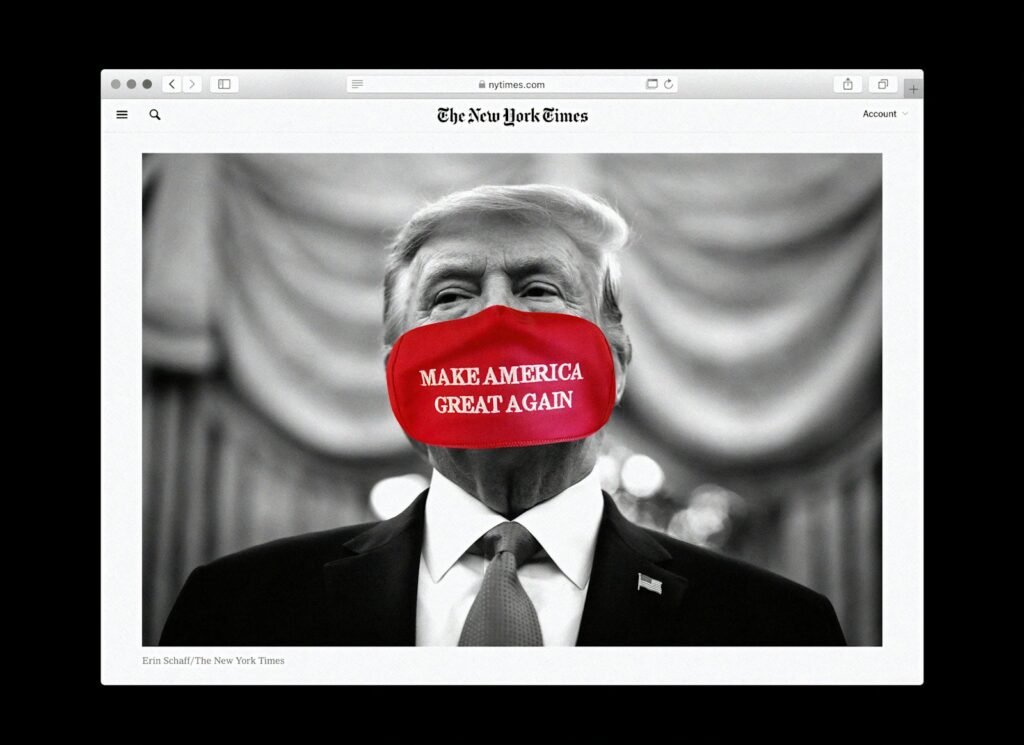
Following a 2024 presidential campaign that saw former President Donald Trump actively courting union voters, his incoming administration is reportedly poised to deliver a significant setback to organized labor. According to a new report by Bloomberg, Trump’s administration is expected to implement policies that could deal a “body blow” to unions, which have experienced a resurgence under President Joe Biden’s leadership.
During his bid for re-election, Trump focused on appealing to union workers, particularly in key battleground states like Michigan, where he held rallies touting his support for workers. However, Bloomberg reports that Trump’s plans for his second term could represent a sharp reversal of the gains unions have made during Biden’s tenure.
Under President Biden, labor unions have celebrated several major victories, including new contracts and successful organizing efforts, as well as the elimination of restrictive noncompete clauses that hinder workers’ mobility. In contrast, Trump’s previous administration had a more adversarial relationship with unions, with his appointees to the National Labor Relations Board (NLRB) pushing policies that were seen as hostile to labor groups. Now, with the prospect of returning to office, Trump’s approach to unions could be even more aggressive.
As Bloomberg outlines, when Trump last held the White House, he appointed management-side attorneys to key NLRB positions—officials who advocated for policies that gave companies more control over workers’ tips, extended timeframes for anti-union campaigns, and expanded employer discretion over issues like overtime pay. The report suggests that this pattern will likely continue, and even accelerate, in Trump’s second term.
Additionally, Bloomberg highlights that the conservative blueprint Project 2025, which lays out Trump’s policy agenda for his potential second term, includes proposals to loosen regulations governing workplace safety, nondiscrimination, and child labor. The plan also mentions the possibility of eliminating public-sector unions altogether.
Nelson Lichtenstein, a labor historian at the University of California, Santa Barbara, spoke to Bloomberg, warning that a second Trump administration could issue “a warrant for employers to do whatever they want,” significantly weakening labor protections.
However, Jennifer Abruzzo, general counsel for Biden’s NLRB, cautioned that Trump’s efforts to undermine unions could spark a backlash. “I think workers are going to take matters into their own hands,” Abruzzo told Bloomberg, suggesting that unions and workers might push back if Trump attempts to reverse Biden-era gains.
The incoming Trump administration’s stance on unions is set to be one of the key labor-related issues in the early days of his presidency, as the country watches how the administration plans to balance its appeal to working-class voters with its traditional pro-business agenda. With organized labor on the rise, Trump’s approach could reshape labor relations for years to come.



